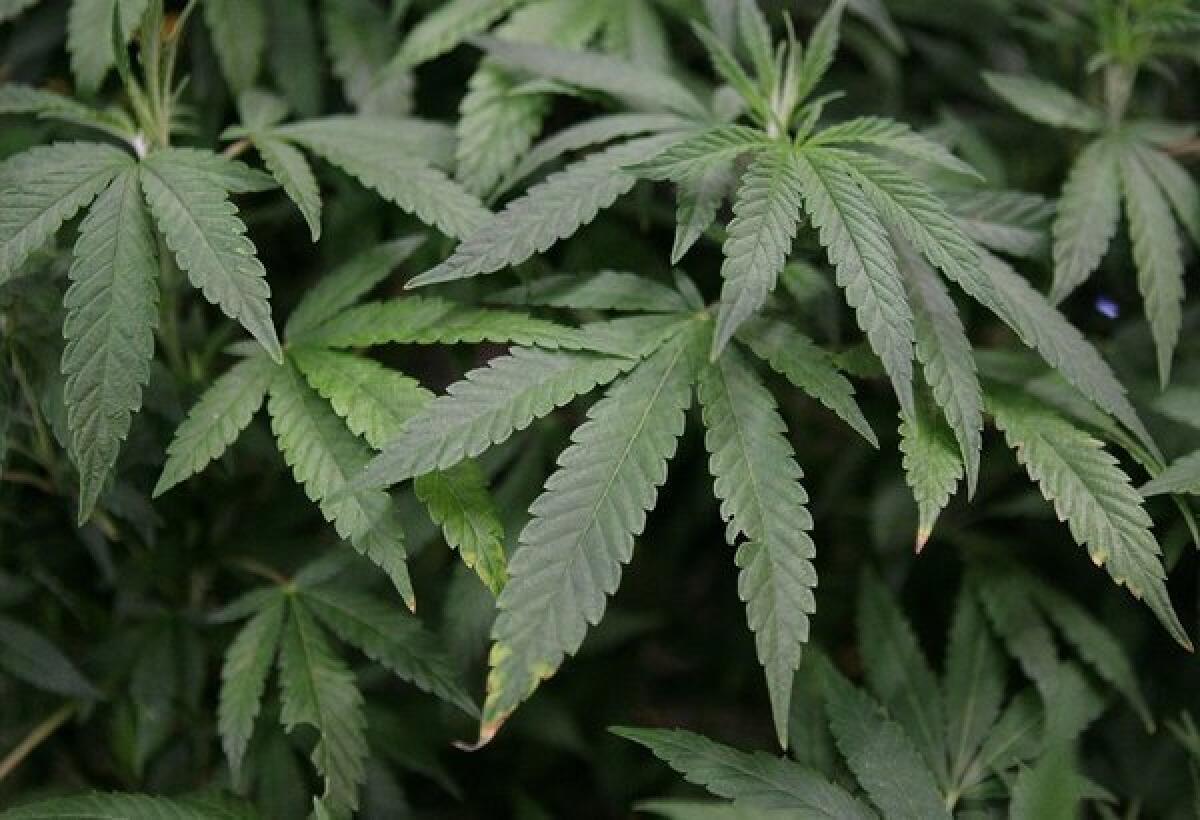The problem with giving in on marijuana laws

After years of saber-rattling and even arrests that challenged California’s medical marijuana law, the Obama administration is giving in.
Now that medical marijuana is legal in 20 states, and two of those have outright legalized recreational use of cannabis (four more are actively considering it), the administration says it won’t fight these policies in court and will direct its enforcement people to other tasks. Those include preventing sales to minors — good luck — and to states where marijuana is still illegal.
It’s a sensible move but one that raises plenty of questions about when the government should step in to prevent states from attempting to nullify federal laws.
The New York Times reports that Missouri is on the brink of passing a law that would attempt to nullify federal gun regulations by making it illegal for federal agents to enforce such laws in that state. If it does, the Obama administration is expected to take it to court.
There’s a big difference between the two kinds of laws. State marijuana laws haven’t attempted to assert state authority over the federal government; California never said that we’ll arrest any federal narcotics agents who enforce U.S. drug laws. It has more hoped they wouldn’t.
But let’s say the Missouri legislation had been written along those lines. Would the Obama administration just back off? Doubtful.
Of course, what’s needed instead of a “we’ll just ignore your law-breaking” attitude is a saner federal marijuana policy altogether, as well as better research on whether marijuana confers the medical benefits that its fans ascribe to it. But until we have this, there are itchy concerns about when and where the federal government chooses to enforce its laws.
ALSO:
New Mexico’s quirky path on gay marriage
Vitamins don’t make Girl Scout cookies healthful
What really caused the deaths of 19 firefighters in Yarnell?
More to Read
A cure for the common opinion
Get thought-provoking perspectives with our weekly newsletter.
You may occasionally receive promotional content from the Los Angeles Times.











